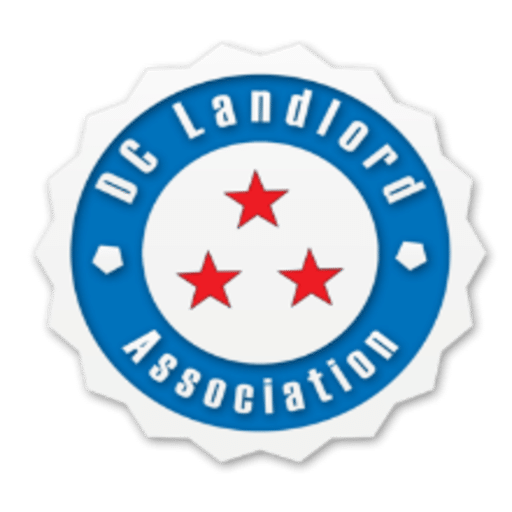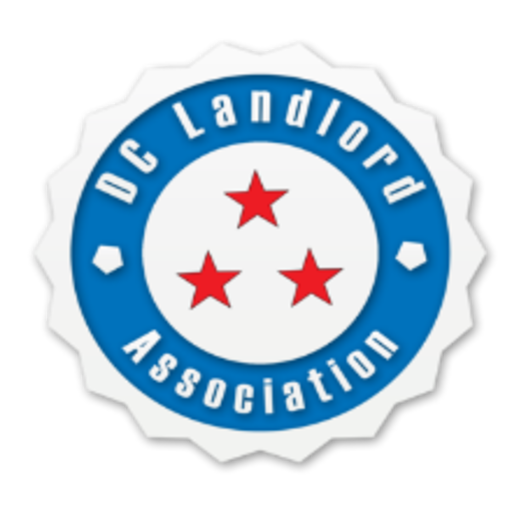Become a DC Landlord
Provide Safe Housing Accommodations
Inspections • Basic Business License • Certificate of Occupancy • Clean Hands Certificate • Register Property with the Rental Accommodations Division • Find Tenant • Property Maintenance • Property Management
Are you considering becoming a landlord in Washington, DC? Whether you're thinking about renting out a basement unit, an inherited property, or investing in multifamily real estate, becoming a landlord in DC can be a rewarding — and profitable — venture. But it’s important to understand the responsibilities, requirements, and opportunities that come with it.
Here’s what you need to know to get started.
Understand DC’s Rental Laws
DC is one of the most tenant-friendly jurisdictions in the country. As a landlord, you must comply with a range of local laws, including:
Rental Housing Act compliance (rent control, tenant rights, eviction procedures)
Licensing requirements (Basic Business License with a Housing: Residential Rental endorsement)
Housing code standards (ensuring properties are safe and habitable)
Knowledge is power. Before you rent out your property, it's crucial to familiarize yourself with DC’s specific rental rules to avoid costly mistakes.
Get Proper Licensing
Before you can legally rent out any property in DC, you need a Basic Business License (BBL). This includes:
Certificate of Occupancy or Home Occupation Permit (depending on the type of rental)
Housing Inspection to verify compliance with building and housing codes
Registration with the Rental Accommodations Division if your property falls under rent control
The licensing process can seem complicated, but once completed, it protects you and legitimizes your rental business.
Know Your Rights and Responsibilities
As a DC landlord, you have rights — but you also have responsibilities.
You must:
Provide safe, habitable housing
Make timely repairs
Respect tenant privacy (giving proper notice before entering)
Adhere to rent control laws, if applicable
Follow lawful eviction procedures if needed
You also have the right to collect rent, enforce lease terms, and protect your property from damage and neglect.
Set Up for Success
To succeed as a DC landlord:
Screen tenants carefully (background checks, credit checks, rental history)
Use strong, clear lease agreements that comply with DC law
Stay organized with rent collection, maintenance requests, and tenant communications
Stay educated by keeping up with legal changes and best practices
Joining organizations like the DC Landlord Association can also provide resources, support, and advocacy to help you thrive.
Tap Into Resources @ the DC Landlord Association
Becoming a landlord doesn’t mean you have to figure everything out alone.
As a member of the DC Landlord Association, you gain access to:
Step-by-step guides for licensing and compliance
Templates for leases, notices, and tenant communications
Discounts on services like repairs, inspections, and legal assistance
Networking events and educational workshops
Advocacy efforts protecting landlord interests in DC
Starting your journey with the right tools and support system is key to long-term success.


